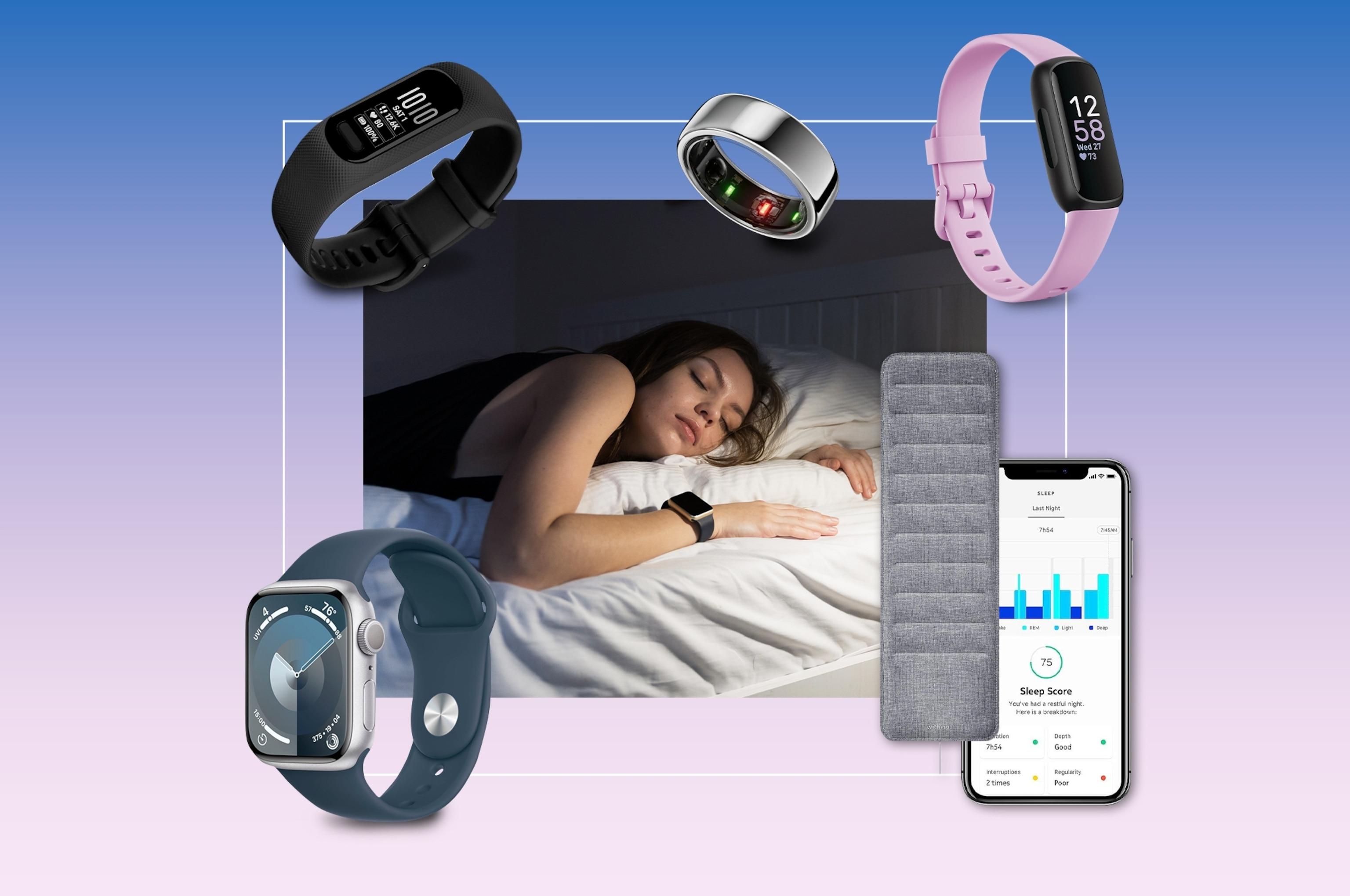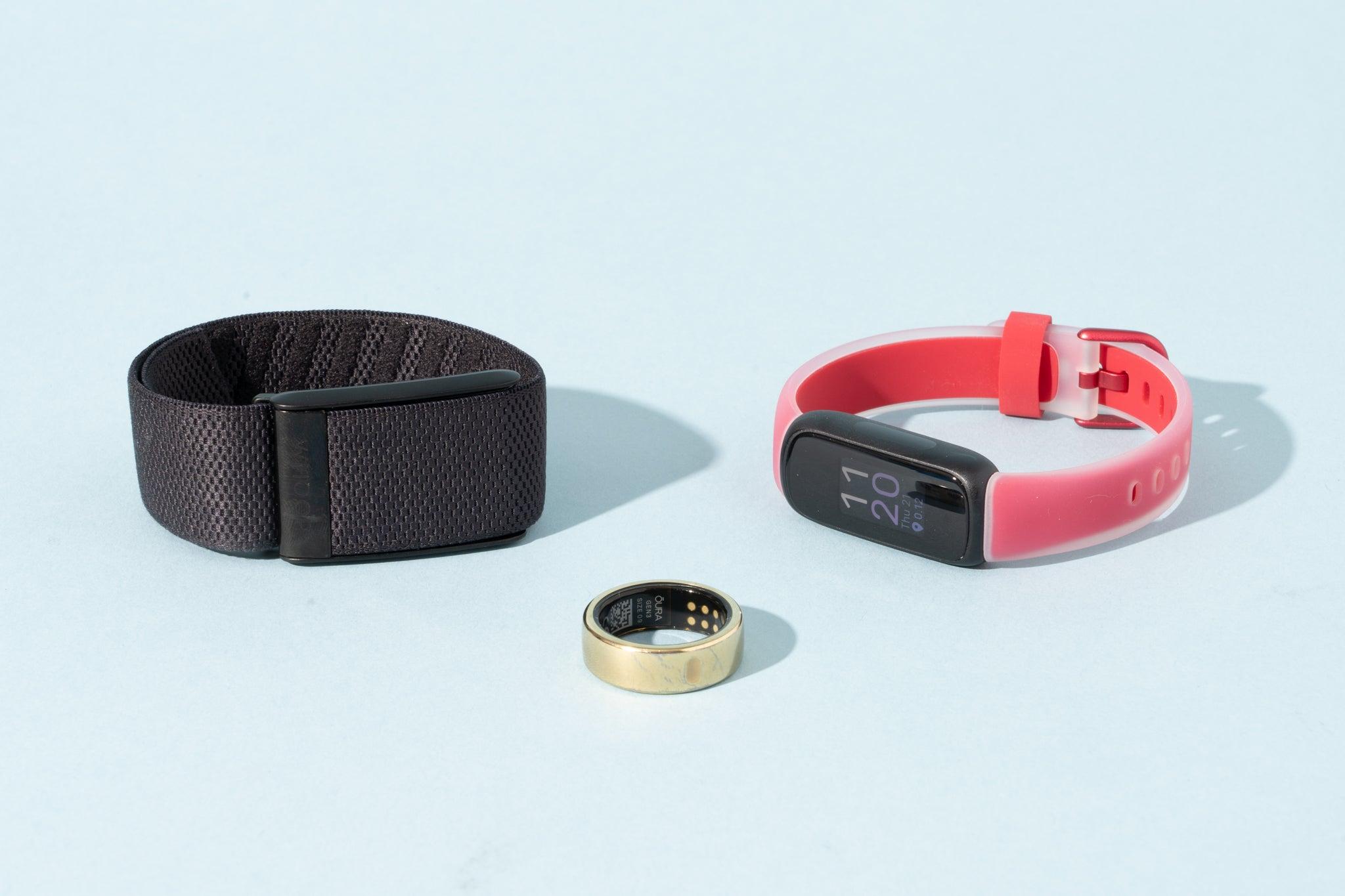In the age of data-driven decisions, our quest for better sleep has taken a high-tech twist. Sleep tracking devices have emerged as essential tools in our pursuit of restorative rest, promising insights into our nightly habits and patterns.Among the leading contenders in this digital arena are Oura, Fitbit, and Garmin—three brands with distinct approaches to monitoring our slumber. But how do they stack up against one another when the lights go down? In this article, we embark on a sleep tracking showdown, diving deep into the features, accuracy, and user experiences of each device to uncover which one truly knows you best at night. Join us as we sift through the science and tech behind these popular wearables to help you find the perfect companion for your nightly journey into dreamland.
Understanding Sleep Metrics and Technology Differences
When it comes to understanding sleep, metrics play a crucial role in providing insight into our nightly rest. Across different devices like Oura, Fitbit, and Garmin, various metrics are employed to gauge sleep quality. These metrics typically include sleep duration, sleep stages (REM, deep, light), and resting heart rate. Moreover, some devices offer additional features such as the Sleep Score, which aggregates data into a single measure of sleep quality, and sleep consistency, tracking regularity in sleep schedules.
Technological differences between these trackers further influence the accuracy and relevance of the collected data. While Oura is known for its advanced heart rate variability and temperature sensors,Fitbit focuses on user-pleasant interfaces and social sharing features. In contrast, Garmin provides in-depth fitness tracking alongside sleep data, ideal for active users. The following table summarizes the main features of each device in terms of their sleep tracking capabilities:
| Device | Key Features | Unique Metrics |
|---|---|---|
| Oura Ring | Heart rate variability,activity tracking | Body temperature deviation |
| Fitbit | Sleep Score,user-friendly app | Sleep stages breakdown |
| Garmin | Fitness tracking integration | Pulse Ox (blood oxygen saturation) |

User Experience: Navigating Sleep Insights and Recommendations
When it comes to sleep tracking, understanding the nuances of your nightly patterns is essential for improving overall well-being. Each device presents its unique dashboard for sleep insights. For instance, Oura emphasizes a holistic approach, providing metrics like sleep stages, readiness, and sleep deficit. this allows users to gauge both nightly performance and long-term trends.Conversely, Fitbit often combines user-friendly visuals with detailed insights, offering sleep score ratings that summarize performance at a glance. This design caters to users who seek quick feedback without diving deep into data. Garmin, known more for its fitness capabilities, still manages to deliver robust sleep analysis, showcasing metrics like movement data and detailed graphs that appeal to more data-driven enthusiasts.
To ensure users get the most out of their sleep data, each platform directs attention to personalized recommendations. These recommendations,however,can vary considerably between devices. For example, the insights provided by Oura might suggest optimizing bedtime routines based on your activity levels throughout the day, while Fitbit might recommend alterations based on sleep quality patterns. Garmin integrates your fitness data to tailor suggestions for improving sleep based on overall fatigue levels. Here’s a quick comparison of the types of insights offered:
| Device | Key Insights | recommendations |
|---|---|---|
| Oura |
|
Optimize bedtime routines |
| Fitbit |
|
Adjust based on sleep quality |
| Garmin |
|
Improve sleep based on activity balance |

Accuracy in Sleep Tracking: A Comparative Analysis
When assessing the accuracy of sleep tracking across popular devices like Oura, Fitbit, and Garmin, it’s important to consider how each brand approaches the measurement of sleep stages and overall sleep quality. Oura, known for its advanced sensors and algorithms, excels in providing insights into deep sleep and REM cycles, frequently enough correlating its data with user-reported sleep quality. Key features that enhance its accuracy include:
- Heart Rate Variability (HRV): Monitors fluctuations in heart rate for deeper insights.
- Body Temperature: Tracks variations to indicate sleep disturbances.
- Advanced Sleep Staging: Utilizes a sophisticated algorithm to differentiate between sleep stages.
Conversely, Fitbit and Garmin leverage their robust databases and community feedback to refine their sleep tracking algorithms. Fitbit’s proprietary technology focuses on sleep trends over time, providing a more holistic view rather then just real-time data.their strengths include:
- Sleep Score: A cumulative score based on various metrics, offering convenient insights.
- User-Friendly interface: Easy navigation for quick access to sleep analytics.
- Integration with Lifestyle Data: considers activity levels and stress to evaluate sleep quality.
Garmin, with its emphasis on fitness, balances sleep tracking with exercise data, making it appealing to athletes. While it may not focus as much on detailed sleep stages as Oura, it is recognized for its reliable overall sleep metrics. Here’s a quick comparison of their key sleep tracking accuracy features:
| Device | Sleep Stage Accuracy | User Insights | Integration with Health Data |
|---|---|---|---|
| Oura | High | In-depth analysis | Comprehensive |
| Fitbit | Moderate-High | Score System | Strong |
| Garmin | Moderate | Fitness Focused | Integrated |

Final Thoughts: Choosing the Right Sleep Tracking Companion
Choosing the right sleep tracking companion among Oura, fitbit, and Garmin can significantly impact your sleep quality and overall health. Each device offers unique features tailored to different types of users. It’s essential to consider your personal preferences, lifestyle, and specific sleep needs when making your choice. As a notable example, if you prioritize aesthetics and an all-in-one wellness approach, Oura’s sleek design and comprehensive insights may appeal to you. Conversely, if you lean towards an active lifestyle and require more fitness-related metrics, a Fitbit model could be the perfect match. Garmin, renowned for its robust health monitoring capabilities, might attract users who value in-depth performance analytics alongside sleep tracking.to simplify your decision-making process, here are some key factors to weigh when choosing your sleep companion:
- User Interface: Consider which app or interface resonates with you for daily usage.
- Battery Life: Evaluate how frequently enough you’ll require charging and the convenience of each model.
- Data Accuracy: Research user reviews and third-party studies on sleep data precision.
- Additional Features: Look into extra health metrics and lifestyle functionalities that might enhance your overall experience.
| Device | Battery Life | Sleep Analysis Depth | Additional Features |
|---|---|---|---|
| Oura | 7 days | Comprehensive | Heart Rate, Temp Monitoring |
| Fitbit | 5 days | Standard | Activity Tracking, Stress Management |
| Garmin | 14 days | Detailed | Fitness Tracking, VO2 Max |
the right choice will not merely be about the brand or technology, but how well the device complements your bedtime routine and contributes to your sleep health.Whether you seek a simple tracker or a comprehensive health monitor, aligning the device’s strengths with your personal health goals will ensure you find the most suitable nighttime ally.
Final Thoughts
As we conclude our exploration of the sleep tracking showdown between Oura, Fitbit, and Garmin, it’s clear that each device brings its own unique strengths to the table, catering to different preferences and needs. While Oura impresses with its comprehensive insights and sleek design,Fitbit excels in its user-friendly interface and community features. Garmin, on the other hand, offers robust performance tracking that extends beyond sleep, appealing to fitness enthusiasts.
Ultimately,the best sleep tracker for you will depend on your individual priorities—whether that’s in-depth analytics,ease of use,or a seamless integration into your overall health and fitness regimen. Remember, the true value of these devices lies not just in the data they provide, but in how that data empowers you to cultivate healthier sleep habits.As technology continues to evolve, so too will our understanding of sleep and wellness. So, consider this showdown not as a definitive answer but as a starting point in your journey towards better rest. Discover what works for you, and let the dream of restorative sleep guide you through the night. Sweet dreams!


